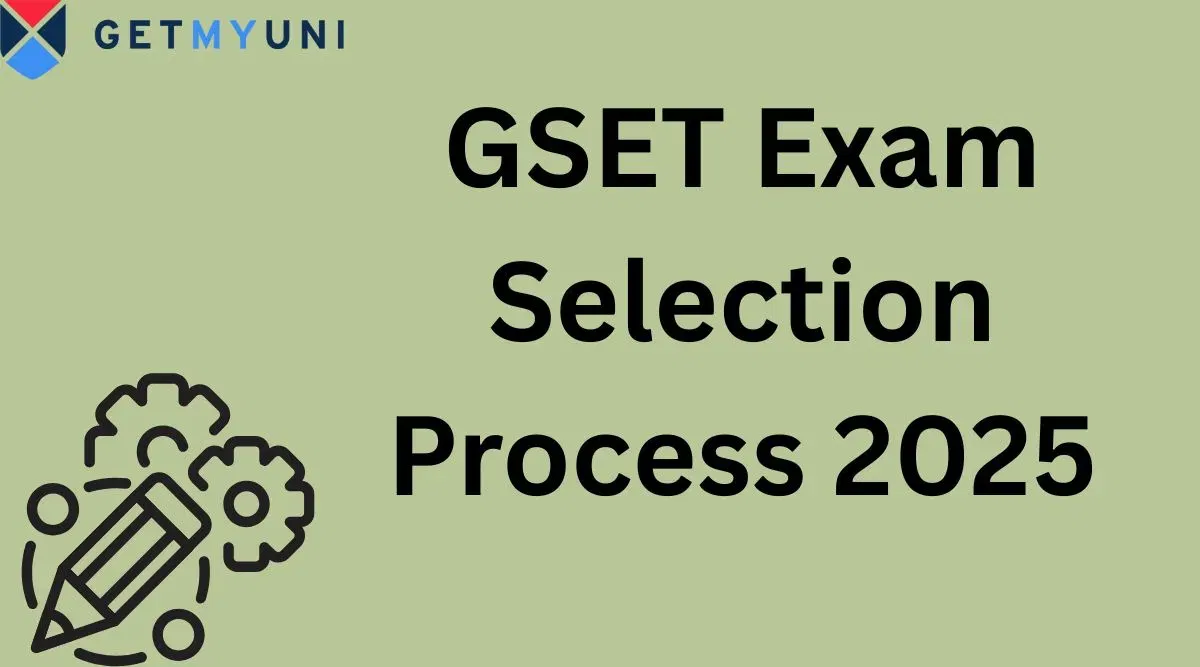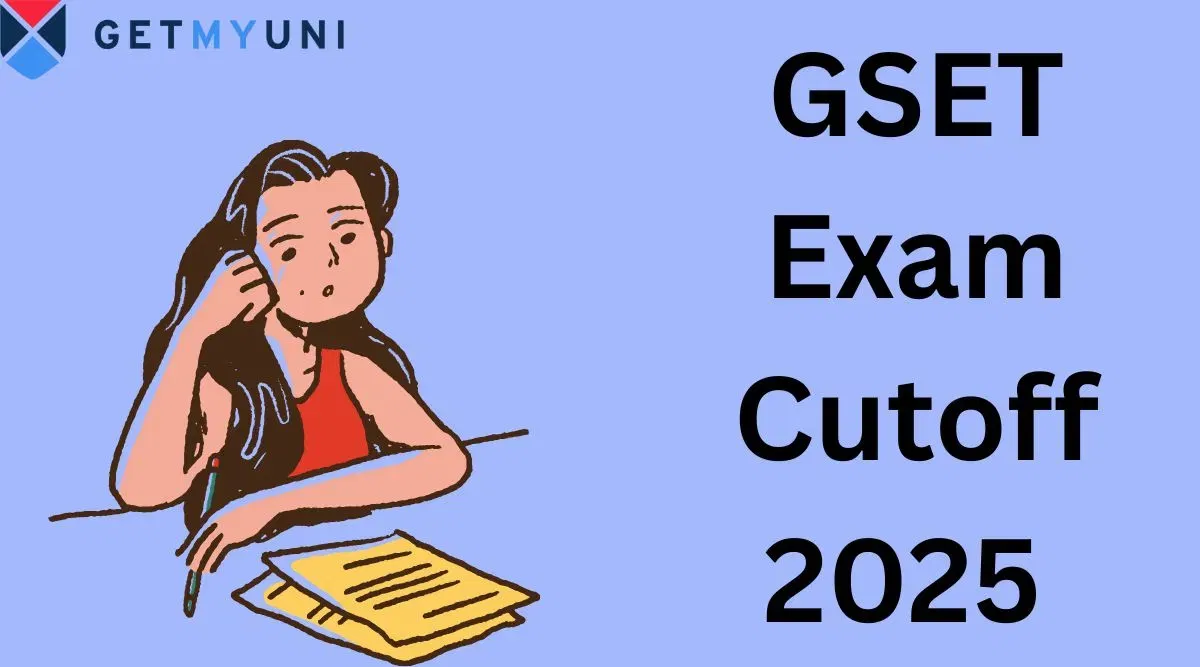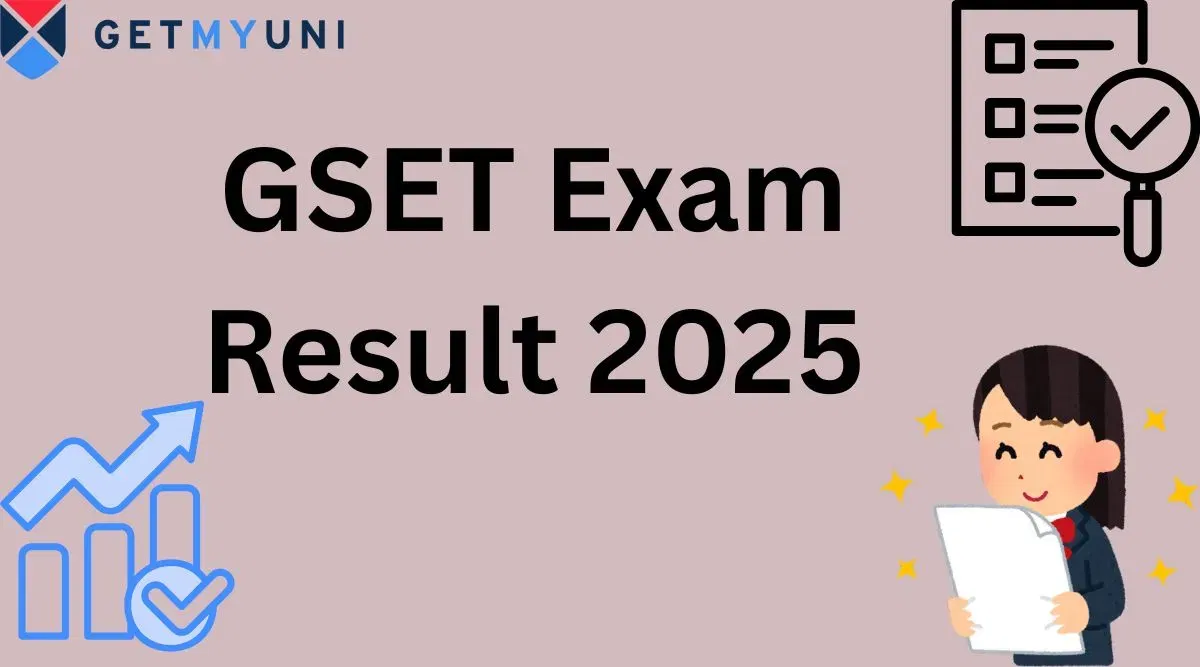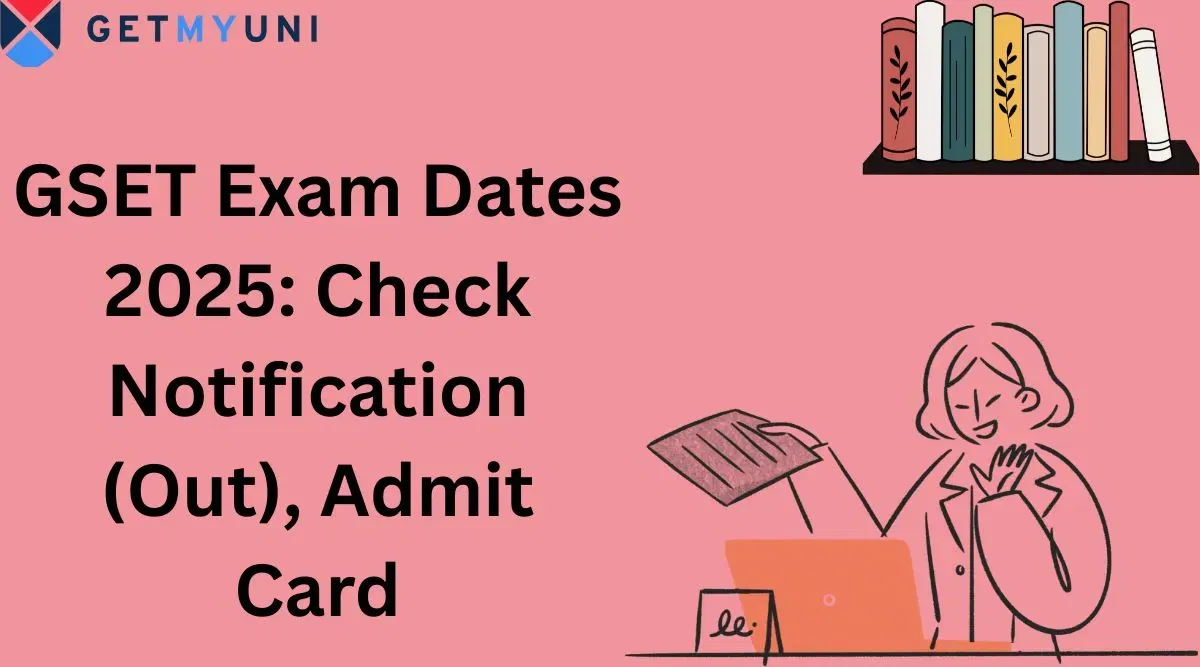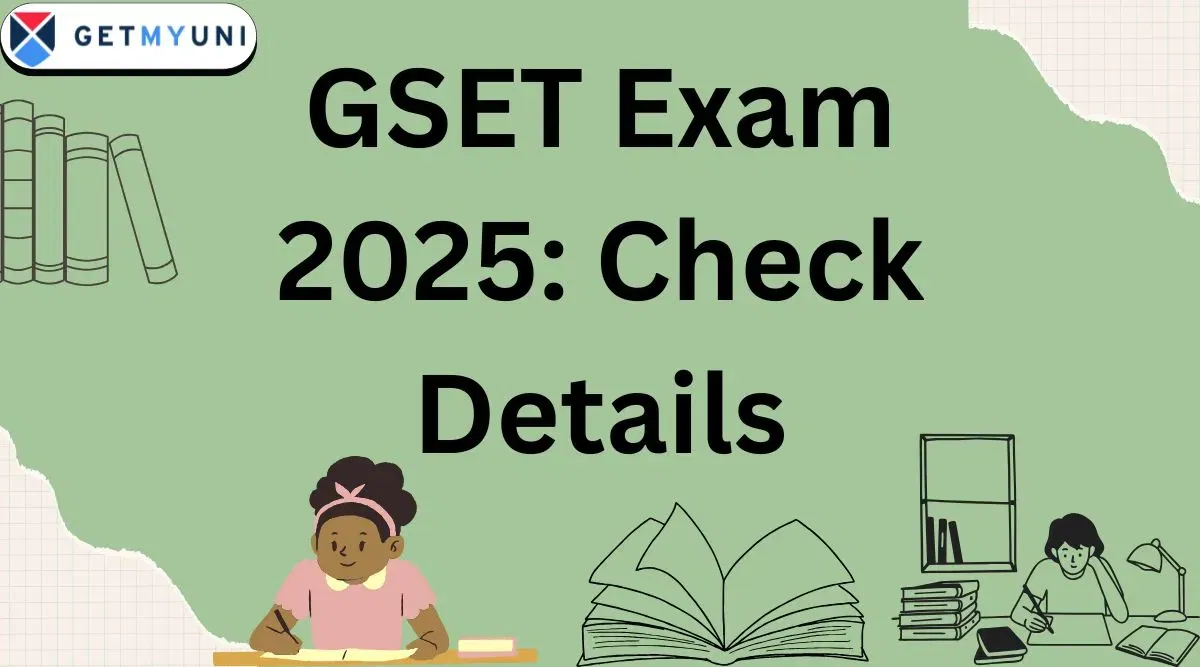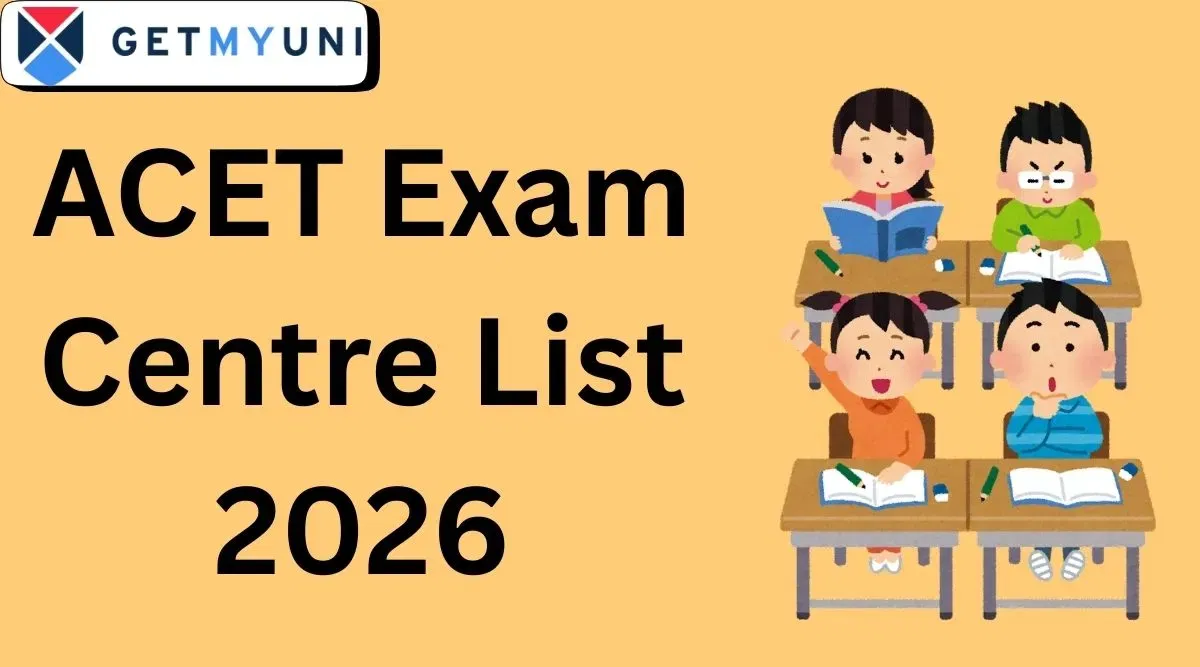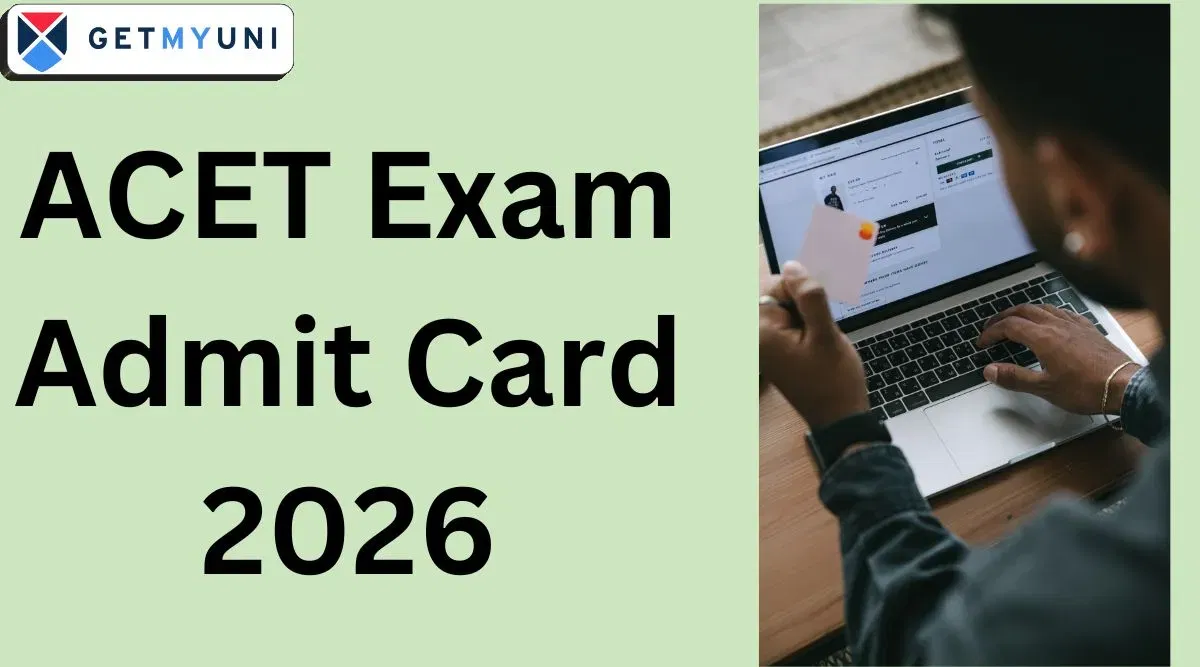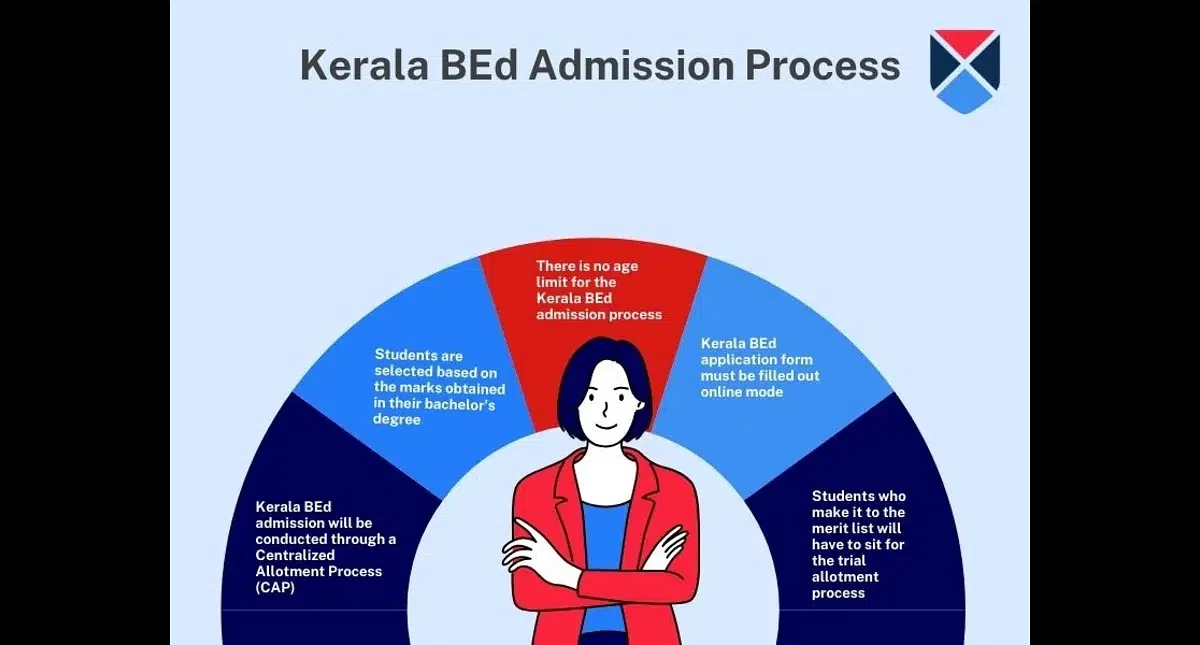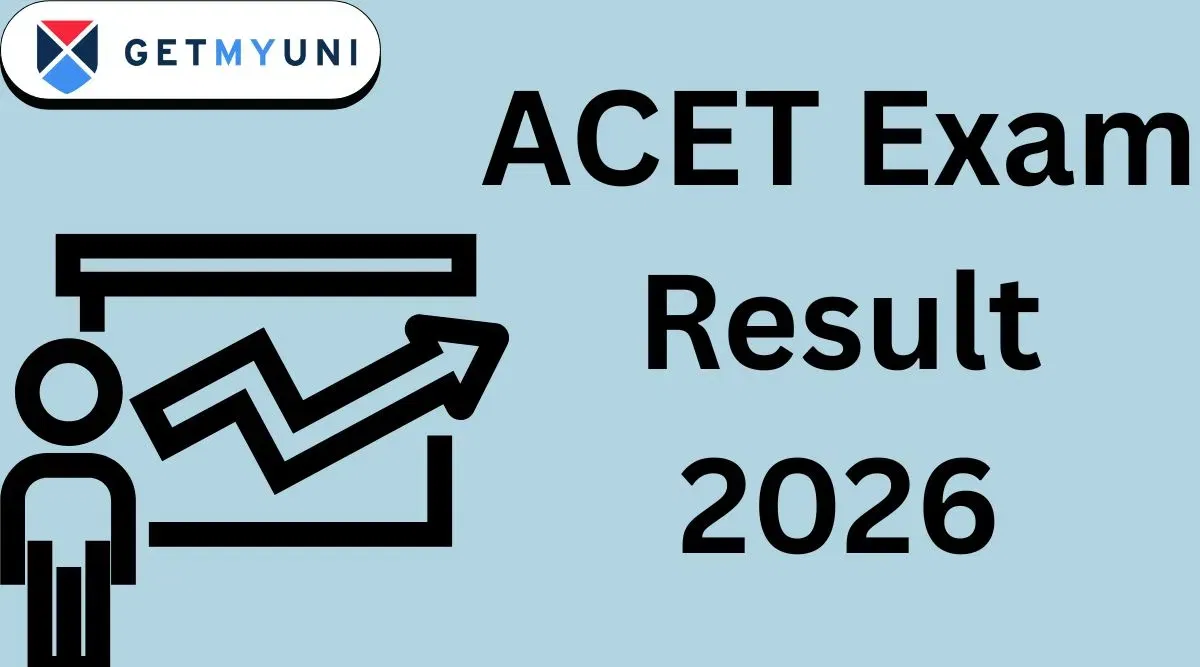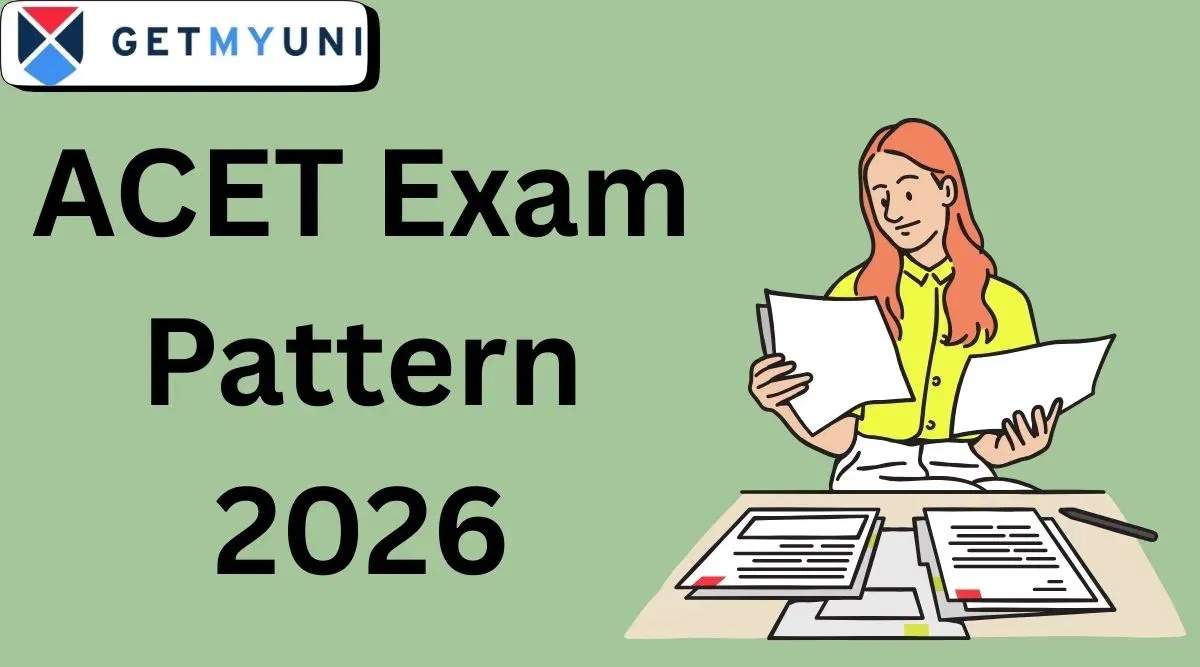As per the MHRD reports, there are more than 90,000 schools in India with eligible teacher requirements. So, how to become a teacher? Getting the B.Ed degree is the mandatory one. Find how?
A career in teaching facilitates one with highly rewarding learning. It is said that today's children build tomorrow's nation; hence it can be said that the development of a country is in the hands of the teachers. So, how to become a teacher in India. The simple step is to get a relevant bachelor's degree and bachelor's of education training.
How to Become a Teacher in India?
The social engagement and behaviour entirely depend on the morality that he had been taught in his childhood; teachers play a crucial role. Many might be asking themselves, "Why to become a teacher?". Everyone dreams of achieving something in life; some want to become teachers in their life, which is an excellent choice. A teacher is someone who prepares the future generation to face society.
Follow all the steps for the following questions like becoming a yoga teacher or becoming a government teacher (how to become a government teacher).
Below listed are the steps on how to become a teacher in India.
- Step 1: Set Your Goal
- Step 2: Choose Which Level to Teach
- Step 3: Apply for CTET Exam
- Step 4: Central Teacher Eligibility Test
- Step 5: Apply for Schools
Steps to Become a Teacher
The teacher's main aim is to make their students understand the knowledge and train them to score by understanding the concepts. When they make students understand the concepts, the teacher has accomplished the fact of being a teacher.
Here are the steps for how to become a teacher in India.
Step 1: Set Your Goal

If an aspirant feels they are passionate about a particular subject or about learning in general, teaching will prove to be a perfect profession as it will answer how to become a teacher.
Following are the tips for setting goals to become a teacher in India:
- To know if education is the right career path, one must make sure they have understood the skills required to become a good teacher.
- To be a successful teacher, first learn to enjoy being around teachers to get used to them and develop socializing character.
- It is essential for a teacher and with other people and interacting with them, mostly young and grownups, because teaching is a socialistic job involving continuous interaction with people.
- Good teachers must have a lot of patience. If one is short-tempered, a school atmosphere may not be the rightful workplace for work.
- The teacher should be flexible and should make decisions that can be accepted. They should be flexible enough to adjust when things go out of hand or don't work as scheduled.
- Teachers must also be strict enough to enforce rules and could take control of the class when necessary.
- And most importantly, teachers should be caring. They should care and help students to be successful people in life. Without all these above characteristics being a teacher will become boring after a while.
Step 2: Choose Which Level to Teach

Under teaching, candidates can come across three student categories where they should decide between one.
The student's categories splits are,
- Primary Level (Classes I to V)
- Secondary Level (Classes VI to VIII)
- Higher Secondary Level (Classes IX to XII)
Candidates are free to choose between primary or secondary class teaching, whereas higher secondary teaching is not direct recruitment (except experienced candidates).
To choose teaching as a career, the candidate must get a degree in individual subjects, i.e., Science, English, Maths, Social, etc. Also, the candidate should have a two-year diploma in elementary education with a minimum of 50% marks. There is a list of available courses for the candidates who wish to choose teaching as their career. The details of the courses are discussed in the article below.
Step 3: Apply for CTET Exam

The full form of CTET is the Central Teacher Eligibility Test. CTET is the national teacher eligibility exam whose score is valid across the country. There is also a state teacher eligibility test where individual states have their separate TET.
These are the ways to apply for CTET exams:
- Teacher Eligibility Test is conducted under individual states, but applying for CTET may benefit by clearing one exam with job opportunities all over the country.
- The candidates will be notified about the exam during August through popular newspapers, and the notification will be released on the official website.
Following are the CTET Exam Highlights:
| Events | Dates |
| Submission of online application through CTET | August |
| Last Date for submission of the online application form | September |
| Last Date for submission of fee through E-Challan or Debit/Credit Card | October |
| Correction Window | October |
| Admit Card Download | November |
| CTET Exam | December |
| CTET Exam Results | Within six weeks after CTET Exam |
Step 4: Central Teacher Eligibility Test
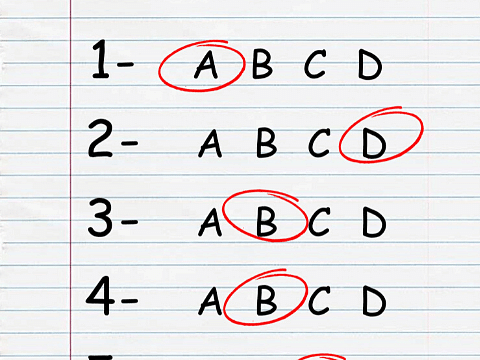
In the previous step, we understood the CTET exam and the main details of the CTET exam. In this step, we will see the eligibility criteria for the CTET exam.
Here are the details about how to prepare for the CTET Exam and details of the Preliminary Exams.
- The CTET exam to become a teacher is conducted in December every year.
- The marks allotted for the examination are 150 marks.
- The papers will be objective type, i.e., multiple-choice questions.
- There are two language papers where English is compulsory and other languages can be decided by the candidates from the list of optional languages given in the table below.
- The candidate must get a minimum of 60% marks to pass the CTET exam.
- There is no restriction on the number of attempts a person can take for acquiring a CTET Certificate. A person who has qualified CTET may also appear again for improving his/her score.
- CTET preparation is required well in advance to clear the test.
CTET has two papers which are segregated as,
- Candidates who are interested in taking classes for I to V can attend paper I.
- Candidates who are interested in taking classes for VI to VIII can attend paper II.
- Candidates who are interested in taking classes for I to VIII should attend both papers.
The paper I is for classes I to V, which is the primary stage. The exam duration is 2.5 hours.
Below are the contents of the papers I.
| Subjects | Questions | Marks |
| Child Development and Pedagogy | 30 | 30 |
| Language I | 30 | 30 |
| Language II | 30 | 30 |
| Mathematics | 30 | 30 |
| Environmental Science | 30 | 30 |
| Total | 150 | 1505 |
The paper I is for classes VI to VIII, which is the Elementary stage. The exam duration is 2.5 hours.
Below are the contents of the papers II.
| Subjects | Questions | Marks |
| Child Development and Pedagogy | 30 | 30 |
| Language I | 30 | 30 |
| Language II | 30 | 30 |
| Mathematics/Science or Social Studies/Social Science | 60 | 60 |
| Total | 150 | 1505 |
Optional Languages
Among the two language papers, one paper should be selected as English, and for other papers, candidates can choose any one language given below.
| English | Gujarathi |
| Hindi | Kannada |
| Assamese | Khasi |
| Bengali | Malayalam |
| Garo | Manipuri |
| Marathi | Sanskrit |
| Mizo | Tamil |
| Nepali | Telugu |
| Oriya | Tibetan |
| Punjabi | Urdu |
Step 5: Apply for Schools

If aspirants clear the CTET or any other Entrance Exams, they can apply for the post of teachers in the schools they want.
Following are the details students need to keep in mind before applying for schools:
- CTET score card is valid for seven years from the declaration of the result for all categories.
- The CTET candidate can apply to schools of the central government (KVS, NVS, Central Tibetan Schools, etc.) and schools under the administrative control of UT of Chandigarh, Dadra & Nagar Haveli, Daman & Diu and Andaman & Nicobar Islands, Lakshadweep, and NCT of Delhi.
- CTET candidates can also apply to the unaided private schools, which may exercise considering the CTET.
- Schools owned and managed by the state government/local bodies and aided schools shall consider the TET conducted by the state government.
- Other than schools run by the central government, private schools may conduct interview rounds and personal interviews.
Qualities of Effective Teachers
Teachers help and show how to interact with thousands of people with a thousand mindsets or personalities. These things matter later in students' lives, which is why teachers are an essential pillar of a student's life and society.
There are a few qualities to be effective teachers, and these are listed below.
- The teachers should be able to develop a relationship with their students.
- Every teacher should be patient, caring, and kind in person to the students.
- Should be a knowledge sharer.
- The teachers should be dedicated to their profession, i.e., teaching.
- The teacher should engage students effectively in learning.
Entrance Exams for Teachers
Apart from CTET, many tests are entrance exams for teachers that they must attempt in India to get a chance to be in a teacher's post.
Following are the top Entrance Exams for teachers:
- Central Teacher Eligibility Test [CTET]
- Uttar Pradesh Teacher Eligibility Test [UPTET]
- Andhra Pradesh Teacher Eligibility Test [APTET]
- Bihar Teacher Eligibility Test [BTET]
- Tamil Nadu Teaching Eligibility Test [TNTET]
- Kerala Teacher Eligibility Test [KTET]
How to Become a Good Teacher?
The present and future of a student are completely in the hands of their parents and the teachers who teach them. A good teacher can make a student ready for their future and the failures and success which might come in their way.
Here are some of the qualities of how to become a good teacher.
Academic Accomplishments
- Even though the school/ institution has a well-mannered and sophisticated campus or the assets to teach or train the students, without the teachers who know how to handle them, they are of no use, are they?
- So a well-qualified teacher shapes a well-qualified pupil who indeed will be ready to face any upcoming challenges ahead.
Motivate the Students
- Students nowadays tend to get into various problems and break down easily, so they must be cheered up.
- A responsible teacher can motivate students to get back on their feet and bring them out of sorrows and pain.
Inspiring
- Many students have their role model, someone who inspires them, and a teacher can also be a role model for students in many ways.
- It is crucial to inspire students as it encourages them to achieve something good and discover their passions to be successful, so yes, a teacher can be an inspiration.
Creating Future Leaders
- Teachers are important people in society and a student's life because they prepare and influence students to become tomorrow's leaders.
- Each day, students learn important values like sharing, respecting the elders, and making decisions.
- Teachers can enable students to feel their importance and embed children with the behaviour they should implement.
- The world's future depends on education, ethics, and responsibility that one will develop and know how to solve problems, often communicating across cultural lines.
Guidance
- Just school education is not enough for the students to succeed in their life.
- The students still need to know more about it to go to their teachers to get advice about which course to take.
- A teacher can guide the pupil to the right choice and also directs the students through their career. For example, they were advising about the courses which students can pursue to succeed in life.
Courses for Teaching
Teaching is a diverse profession that involves working with students and thriving them for knowledge and a better vision for the future. It requires a license for completion of courses and passing a teacher's examination. There are specific courses to become a teacher, and candidates who want to become a teacher can go through them to succeed in becoming a teacher.
The following can be courses for teaching in India as well.
B.A-B.Ed Integrated Course
Bachelor of Education (B.Ed.) is a bachelor's degree that makes the candidate eligible to take up the teaching profession. The duration for BA B.Ed. Integrated Course is four years. And the course provides vast knowledge for becoming an elementary, secondary, and senior secondary level teacher. The course is a combination of Bachelor of Arts and Bachelor of Education Degrees (Dual-Degree).
Eligibility for B.A B.Ed Integrated Course
The eligible criteria for B. A B.Ed Integrated course is listed below.
- 10+2 passed with 50% minimum aggregate in any stream, with English subject.
- Education degree holders will be directly admitted in the second academic year of this program.
- There is a 5% relaxation for SC/BC applicants who apply for this program.
B.Sc. and B.Ed
B.Sc. and B.Ed is a four-year integrated undergraduate program offering a vision to impart in-depth knowledge of different subjects, including Science, Physics, Chemistry, Mathematics, Botany, and Zoology. The program is for aspirants who wish to pursue a career in teaching and other related fields.
Eligibility for B.Sc. and B.Ed Course
The eligible criteria for integrated B.Sc and B.Ed courses are listed below.
- 12th pass with 50% minimum aggregate in any stream, with English subject.
- Education degree holders will be directly admitted in the second academic year of this program.
- There is a 5% relaxation for SC/BC applicants who apply for this program.
B.EL.ED
B.El.Ed stands for Bachelor of Elementary Education and is an elementary teacher's training program. The course has been framed to train candidates and make them capable of taking up the role of a primary school teacher. The course is designed to integrate subject knowledge, human development, pedagogical knowledge, and communication skills. The course is for four years.
Eligibility for B.El.Ed Course
The eligible criteria for B.El.Ed, i.e., Bachelor of Elementary Education course, are listed below.
- The applicants should have secured an aggregate score of 50% in 10+12 from any recognized Board of Education.
- The aggregate score is 45% for SC/ST/OBC candidates at the 10+2 level.
- The age limit of the candidate is from 15-17 years, and it may vary from state to state.
- Candidates should have completed a 2-year diploma in Elementary Education.
B.Ed
Bachelor of Education is a post-graduation course with a two years course duration. Earlier, the duration of B.Ed. Then, it was one year, but after the program was completed, the government introduced a two years long version of this program.
B.Ed Eligibility
The eligible criteria for the B.Ed course are listed below.
- The applicants must have completed graduation in any of BA or B.Sc from a recognized university.
- The candidate should have a minimum aggregate score of 50% in graduation.
- The candidate should have an aggregate score of 55% at the postgraduate level.
Requirements for Teaching
Education is one of the crucial factors which play a vital role in each individual's life. So each individual must be educated.
The following are the requirements for someone aspiring to become a teacher.
- Soft-spoken
- Patient
- Ready to impart knowledge
- Energetic
- Leadership skills
- Able to guide students in the right direction
- Passionate about education
- Able to motivate students
Importance of Teachers in Students Life
The importance of teachers can never be explained just by using words as they play a vital role in our childhood and develop us for the upcoming challenges.
Following are some of the importance of teachers in students' life.
- The teacher should be intelligent enough to share the right knowledge with the students as they will carry it for the rest of their lives and should be served with genuine information.
- Appreciation of a teacher is essential because the prominent personalities we see in today's world were also in the hands of teachers back then and are responsible for today's development.
- As a result, schools and students celebrate the teacher's day to appreciate teachers on what they are doing for their students. It would be great if people across the globe celebrate it.
- The real gift for teachers is when his/her students become good human beings, successful in their career, business, and finally, their life. Not all teachers are good at teaching, and similarly, not all students are good at studies, especially in the modern era. Some teachers are great, and they are always in the heart of their students.
- We need people who can drive the nation into development. For the development of society, we can't only depend on teachers, but we need others who think in the same way and guide us towards developments.
- We need to implement the values which we learn in society. We need to support people as a society to become successful.
- We can use social media to promote the values to others and make others happy and bring positivity.
- We need to come up with the best possible solutions that can be implemented.
- We need to appreciate good things and all these values come from the teacher with whom we came along.
Advantages and Disadvantage of Being a Teacher
So what inspired you to become a teacher? Contrary to popular belief, being a teacher is not an easy job. Because there are various difficulties one goes through to become a teacher, there is also a lot of responsibility for the teachers to shape the country's future.
So there are pros and cons which can be discussed being a teacher.
Pros/Advantages of Being a Teacher
Following are the pros of being a teacher,
- The bonds which grow between the students and teachers are excellent as students who will be strangers in the initial days of the school start to grow up the bonding with the teacher, and that fulfils the teacher professional.
- The teacher-student bond can last a lifetime, which is one of the primary advantages of being a teacher.
- The advantage of being a teacher is the immense personal satisfaction you can derive from being an influencer in society.
- If you love to learn something new daily, then there is no other profession better than the teacher because the teacher gets to learn new things each day, and if someone loves to learn new things, daily teaching is the best option to come up with.
Cons/Disadvantage of Being a Teacher
There are not many disadvantages to being a teacher. Some of them are,
- Lack of support from the administration.
- Except for some European countries, the pay scale for teachers is pretty less, which is not appropriate

